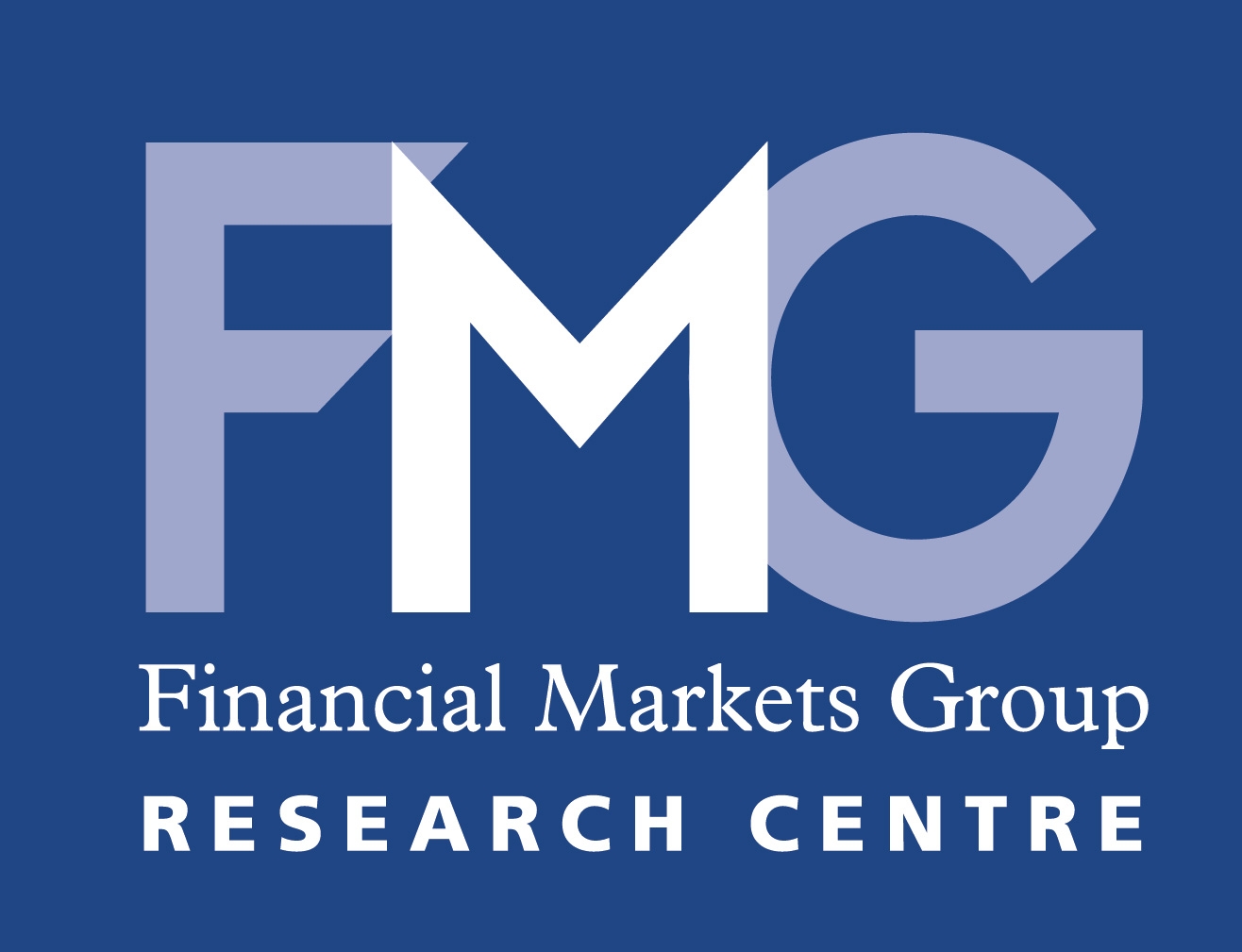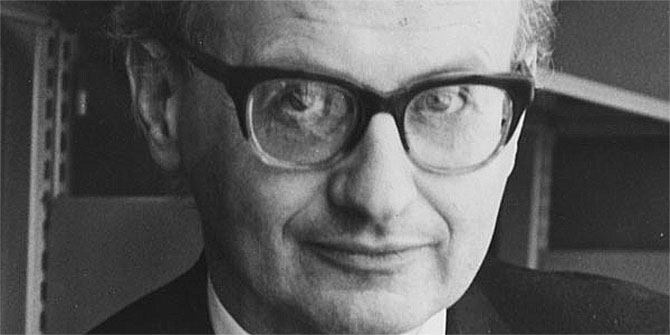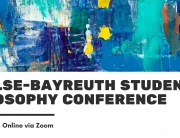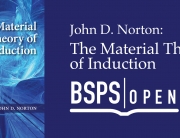On 12 September this half day conference will look at issues surrounding the UK’s financial regulations after it leaves the European Union.
Now it is official. The UK has given up the idea of passport for the financial industry in favour of “regulatory flexibility”. The Chequers Statement says that a deal should “provide regulatory flexibility where it matters most for the UK’s services-based economy, and where the potential trading opportunities outside of the EU are the largest, recognising that the UK and the EU will not have current levels of access to each other’s markets – with 3 arrangements on financial services that preserve the mutual benefits of integrated markets and protect financial stability, noting that these could not replicate the EU’s passporting regimes”
The three arrangements are so called “equivalence” arrangements. But the devil is in the detail. Major banks, who see an easy access to the EU market as indispensable, ask for such a close compliance with the EU rules that the EU accept the banks as “European”. Hedge funds and private banks, on the other hand, want to hold Governor Carney’s feet to the fire on his promise that they could count on light touch regulation and more bonuses in case of a Brexit. They have after all financed the Leave campaign partly based on that promise.
Can both expectations be met? How will different options affect the British economy and financial stability? And how will different options affect resolution and taxpayers?
These are questions for a public half-day seminar organised by the Centre for Philosophy in Natural and Social Science (CNPSS) in cooperation with LSE’s Financial Markets Group (FMG).
This conference is FREE to attend, with no registration required.
Programme
Wednesday 12 September 2018, Room 3.02 Clement House, LSEChair: Dr Ulf Dahlsten, Visiting Professor in Practice, CPNSS, LSE |
|||
| 9:00 | The Choice Made in the Chequers Statement
Dr John-Paul Salter, Visiting lecturer in political economy at King’s College London explains what the three arrangements proposed in the Chequers Statement could entail. |
CLM.3.02 | |
| 9:10 | Why Regulatory Flexibility is the Right Choice
Warwick Lightfoot, Director of Research at Policy Exchange, calls upon a less strict regulatory regime which can enable the UK to become the Global Centre for Finance. |
CLM.3.02 | |
| 9:30 | Why the UK Should Apply Strict Financial Regulations
Sir Paul Tucker, chair, systemic risk council, and research fellow, Harvard Kennedy school, on why the UK should learn from history and not repeat a misguided light touch regulation. |
CLM.3.02 | |
| 10:00 | Coffee Break | ||
| 10:30 | Where are Global Financial Regulations Going?
Governor Dr Stefan Ingves, The Swedish Riksbank and chairman of the Basel Committee for Banking Supervision discusses the prospects of new global regulations. |
CLM.3.02 | |
| 11:00 | Global, European or Light Touch Regulations
A panel led by Dame Minouche Shafik, Director of the LSE and former Deputy Governor of the Bank of England discusses the British options. Can the common interest and the ambitions of the industry be reconciled?
|
CLM.3.02 | |
Location
All talks take place in Clement House, LSE.
For further help finding your way to LSE, see the LSE Maps and Directions website.
Childcare
LSE offers convenient childcare services near campus. Visit the LSE Nursery Homepage for more information and to apply.
















































Connect with us
Facebook
Twitter
Youtube
Flickr